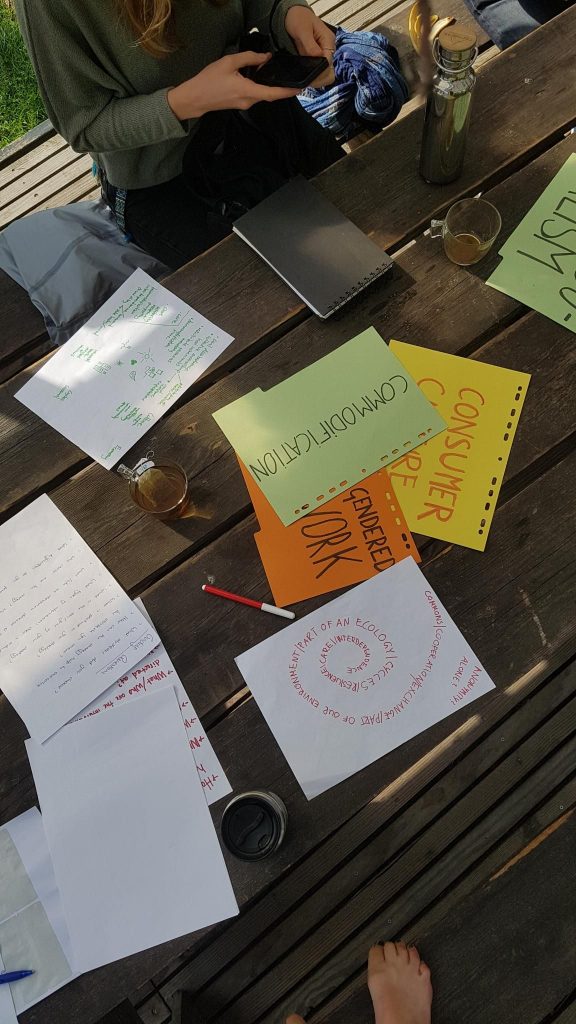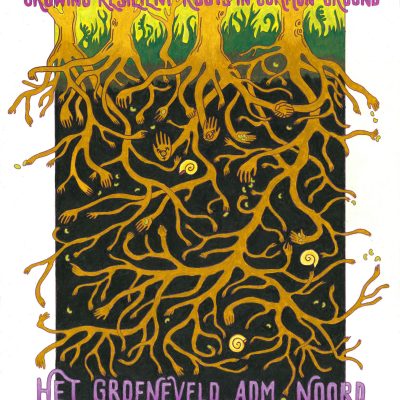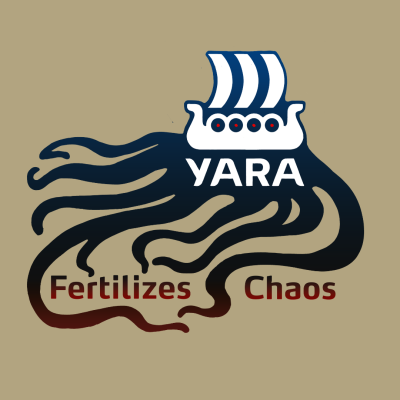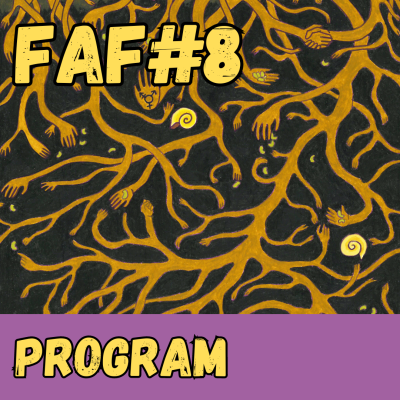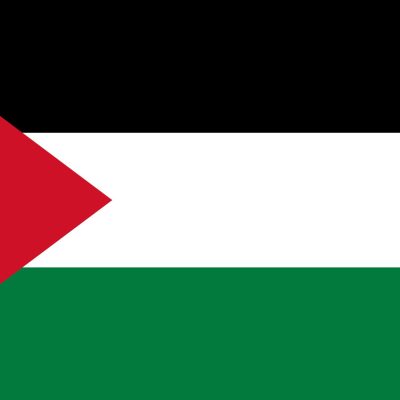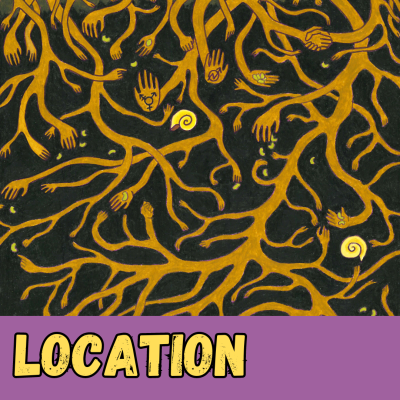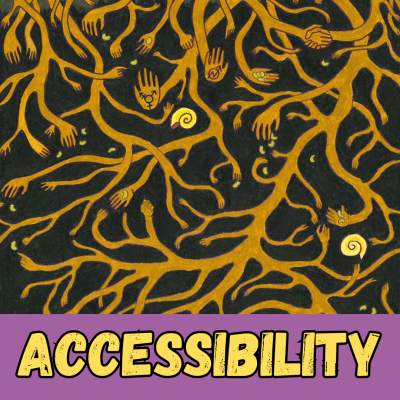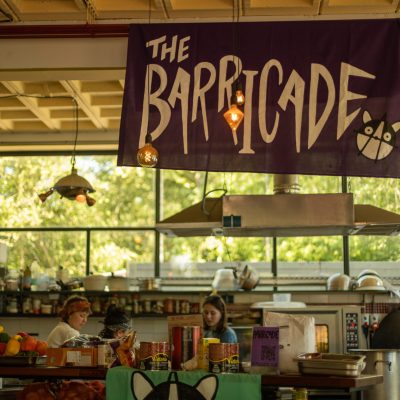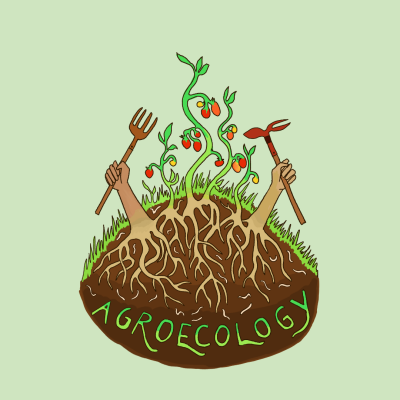This year ASEED was involved in the 8th International Degrowth Conference that took place in the Hague and online under the motto “Creating Caring Communities for Radical Change”. We supported the Thematic Stream on Anarchism and Degrowth and co-organized two sessions under the Urban & Agrarian Dialogues Key Conversation (KC). In one of our session we explored the question of land and land access under a growth based system and learned about possible alternatives such as community land trusts and commons. In another session we heard from different projects what solidarity and creating solidarity networks in the realm of food and farming could look like. The conference left many impression and was just the beginning of many thoughts, reflections and conversations, below we gathered some of those.
De-Growth/Re-Growth?
Degrowth as a concept is often reduced and conceived as a term to describe merely wanting to de-grow the economy, to reverse economic growth in an equitable way for all human and non-human beings.But as Max de Ploeg from Aralez put so eloquently in enary of the Decoloniality & Degrowth KC: Maybe we should re-think the notion of de-growth, and rather talk about re-growth? After all, what we call economic growth is actually not growth but rather destruction and we could re-grow the beautiful things that can help us all flourish. And indeed, during the conference I actually encountered many more instances of people talking about what they wanted to grow, rather than degrow. Re-growing community, commons and care. And (at least for some of us) this process of re-growth goes hand in hand with de-growing our dependence on the state, as Dilar Dirik expressed in the Anarchism & Degrowth plenary.
Envisioning Degrowth
“Envisioning food systems for degrowth”, asked all participants to close their eyes and envision a food system under a degrowth society, and exploring that vision with all senses with the help of a few guiding questions. We afterwards shared our different visions and also what conflicts we might have encountered in these visions. This practice of envisioning seems to become ever-more important in a world where advertisements try to hijack our attention and dictate desires and capitalism is trying to kill our imagination and dreams. Envisioning can become a powerful tool for collectively imagine what future we are striving towards and where they may converge. This ties in with what Dilar was sharing at the end of the Anarchism & Degrowth plenary: Why are we often only organizing around our pessimism, despair and hopelessness? We are at a point where we cannot afford to be hopeless, we need to come together and believe in ourselves again, organize together under the belief that we can indeed make a change in this world despite all the odds.
What do we value, why do we value it and how?
One workshop on value called into question what valuing something means and how we can value things? Thinking about this seems central if we want to transition away from a system where monetary value seems to rule over anything else. In our society and the ongoing process of commodification, more and more things, including “nature” are ascribed monetary value. The rarer something is the higher the value it often seems. But it also seems that some things are not valued enough by some as we can see in the ongoing destruction of our natural environment. In this workshop we were asked in small groups to ascribe a value to things like “the voice of your favorite artist”, “the experience of swimming in a lake”, “a piano”, “the taste of your favorite food”, “sleep”. In this process many questions and reflections came: What is the relationship between ownership and value? Is everything exchangable? Isn’t value something inherently personal and individual? After all, people might value things in different ways. And value is always embedded in time and context. Something might change value depending on the time, location and situation. If you have had lots of sleep already you might value an additional hour of sleep less than if you barely had any sleep. And for some of us some things were invaluable, as the only measurement were emotions attached to e.g. hearing the voice of your favourite artist. Thinking about value can thus make us reflect on how we relate to our environment, to each other and how we can organize our cultures accordingly.
Caring Communities for Radical Change
The conference was organized by many people, most of them working on a voluntary basis. From Food to IT, we tried to organize everything according to degrowth principles, as horizontally as possible. For example, the Online Environment was constructed with an Open Source Program and the food was cooked with the help from a local community kitchen. Many people attending the conference also helped out volunteering and the conference was only made possible with the support from local allies and people’s collective efforts. The element of care was not only important for the motto of the conference but also in the organizing process. And while of course there are things to learn here, we nevertheless tried to make it a more caring and inclusive process and at the closing plenary many people shared how they had felt supported and cared for by other individuals or the collective. It was also an encouraging environment for those of us who do not consider themselves as academics but still wanted to contribute to the conference. There was space for artists as well as activists and anyone who did not fit into any of these boxes and we could witness encounters between people with different backgrounds.
ASEED is a small grassroots collective run mostly by volunteers. We are proud to have the ability to put time and energy into researching topics around agriculture, climate and social justice! However, in order to keep up structures that support this work, along with organizing events and direct actions we need structural funding. During this COVID crisis it is especially hard to find the kind of funding that pays for our financial administration, small budget for coordination and fundraising, and rent for our office.
A great way to help us stay structurally funded is to become a monthly donor! You can do that by visiting the SUPPORT US page on our website, and if you want to get involved in another way please contact us at info@aseed.net.


